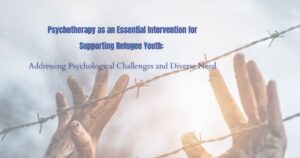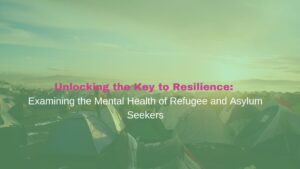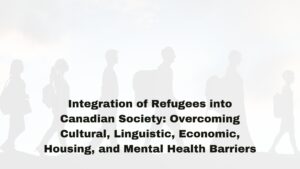With a warm and empathetic approach, I am a Registered Psychotherapist (Qualifying) with a Master’s degree in Psychology, specializing in mental health and applied behavior analysis. I am dedicated to creating a safe, supportive, and nonjudgmental space where clients feel genuinely heard, valued, and empowered to explore their thoughts and emotions.
I work with children, teens, and adults, supporting individuals facing challenges such as anxiety, depression, ADHD, anger, and difficulties with emotional regulation. My practice is grounded in cultural humility and a strong respect for each client’s unique background, values, and lived experiences.
By combining active listening with sensitivity to non-verbal communication, I strive to foster a therapeutic relationship that promotes resilience, growth, and self-awareness. I also have training in psychometry and conduct assessments related to ADHD, autism, and cognitive disabilities, allowing me to offer a holistic and informed approach to care.
I believe that therapists must also prioritize their own wellness to support others effectively. I engage in regular supervision, peer consultation, and ongoing professional development to continually refine my skills and remain grounded in evidence-based practices. My goal is to support clients in building healthier habits, cultivating balance, making sense of themselves, and achieving meaningful, lasting change.




